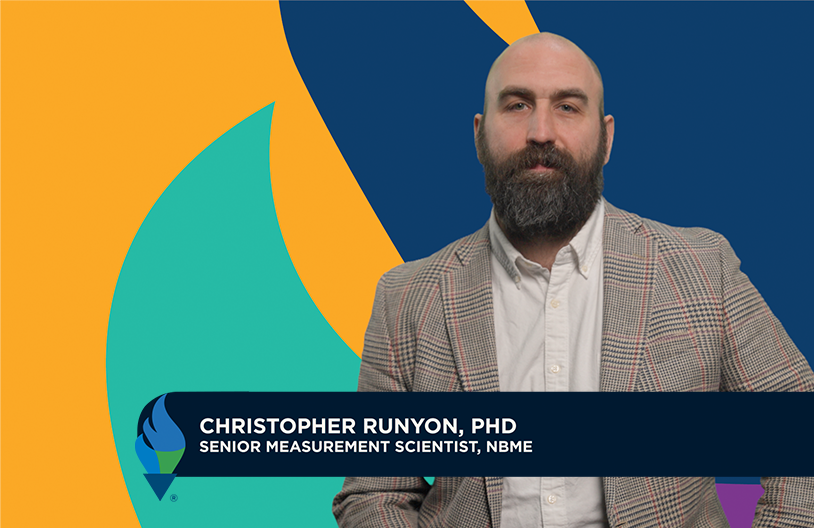This module, featuring Christopher Runyon, Ph.D., is designed specifically for faculty members to empower them to confidently integrate generative AI into teaching practices and leverage AI to support assessment efforts.

This course introduces medical educators to the transformative potential of Generative Pretrained Transformers (GPTs) in health professions education. Through a progressive, hands-on approach, learners will first gain foundational knowledge of how GPTs function, including key concepts in natural language processing. Building on this, the course develops essential skills in prompt engineering to optimize GPT performance. Learners will then explore practical applications of GPTs in medical education, from content creation to instructional design and assessment enhancement. The course concludes with guidance on ethical, legal, and technical considerations for institutional implementation, empowering educators to confidently integrate generative AI into their teaching practices.
Learn More About Your Course Instructor
Christopher Runyon, Ph.D., is a Senior Measurement Scientist whose primary research interest is the assessment of clinical reasoning. He also helped build an automated scoring system for Step 2 CS patient notes and has interests in most areas related to medical education, measurement, and natural language processing. His prior academic work includes the study of causal inference with observational data, thinking heuristics and biases, reasoning, logic, and Indo-Tibetan Buddhist reasoning and debate. He has a PhD in quantitative methods, a master’s in cognitive psychology, and undergraduate degrees in psychology, philosophy, and religious studies.

Module Learning Goals
- Understand Artificial Intelligence (AI) Fundamentals
- Develop Prompt Engineering Skills
- Apply Advanced Prompt Engineering Skills
- Integrate Generative AI into Medical Education
- Evaluate Legal Implications
